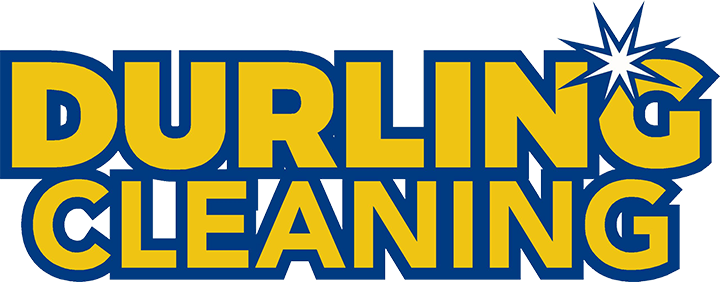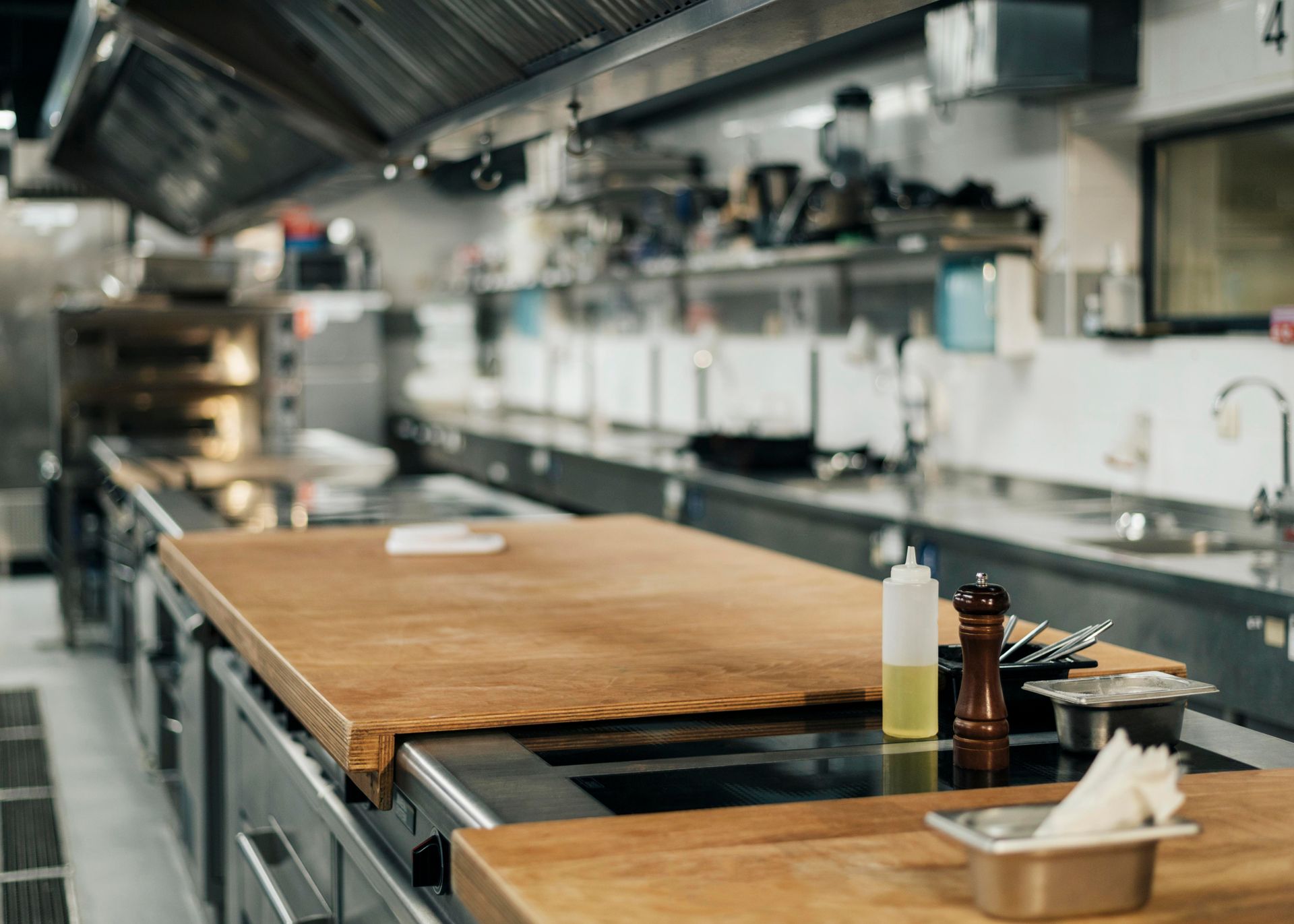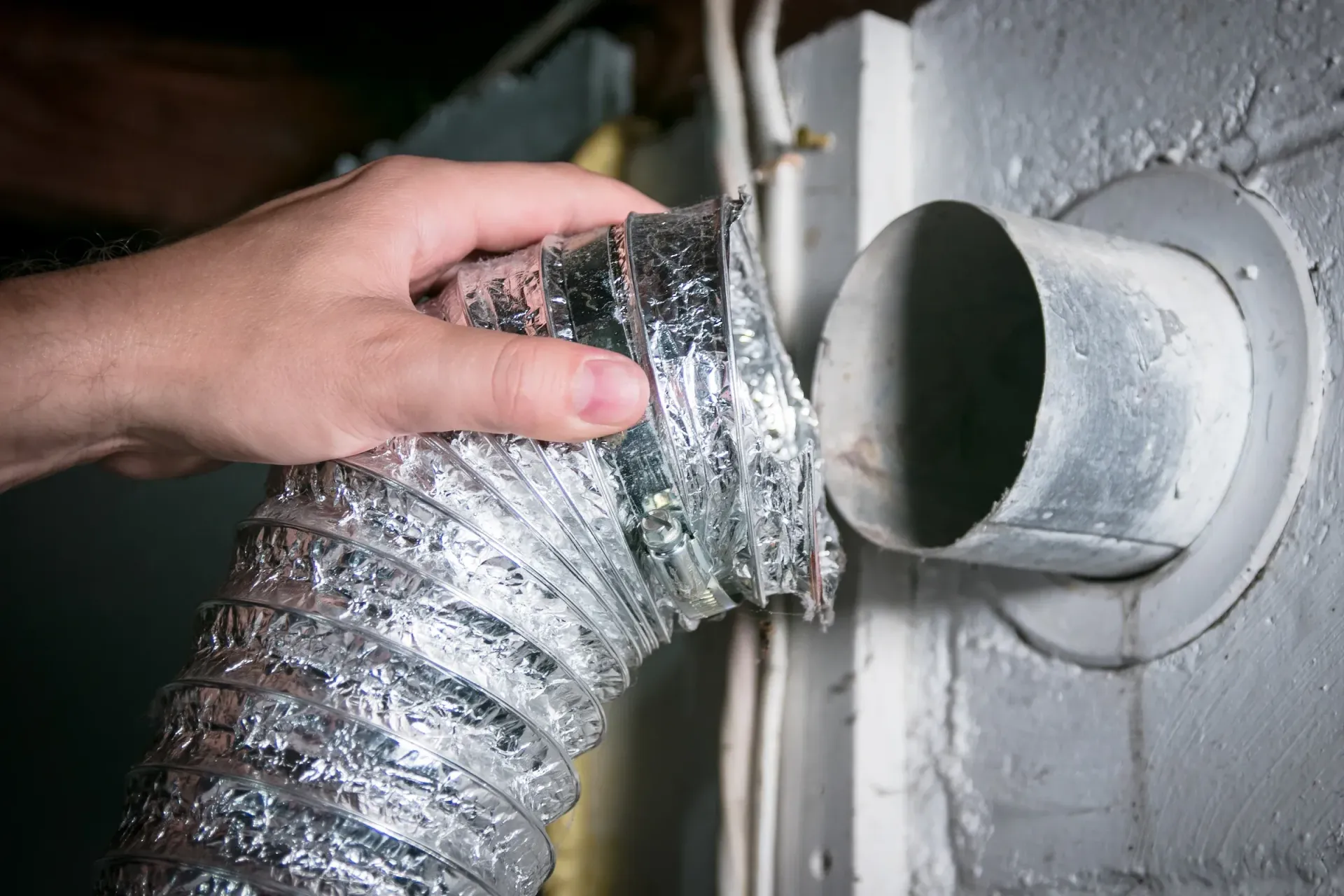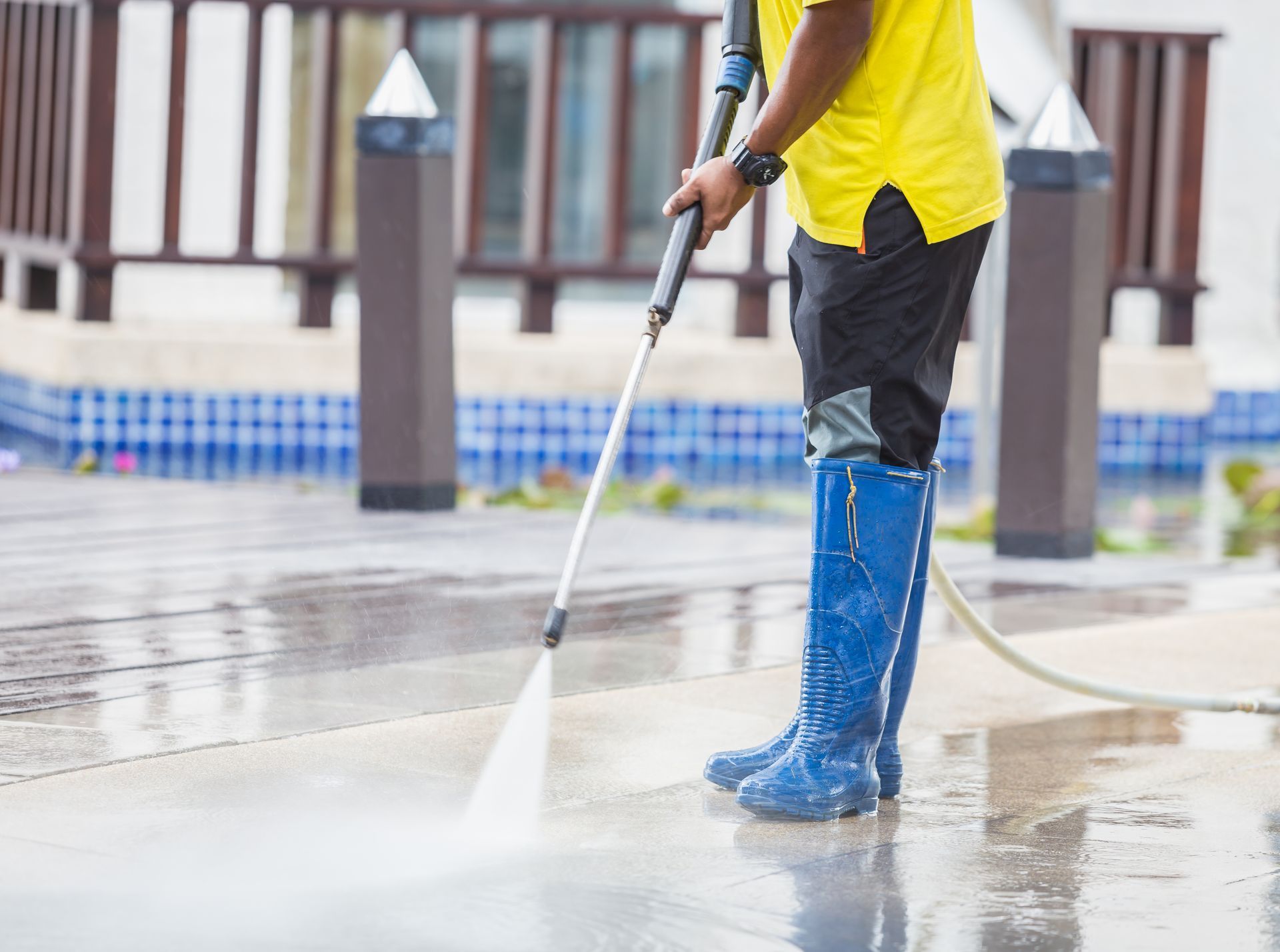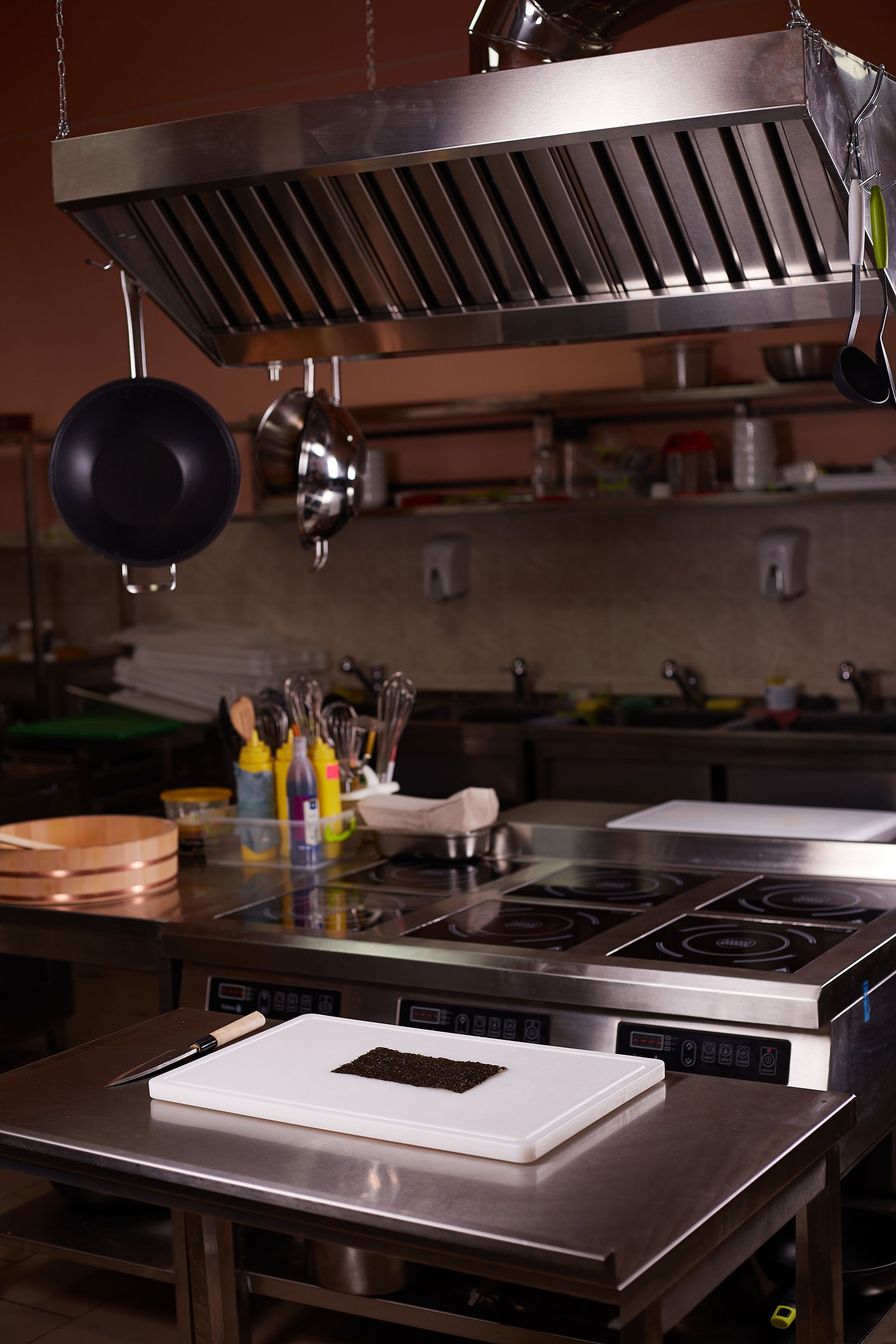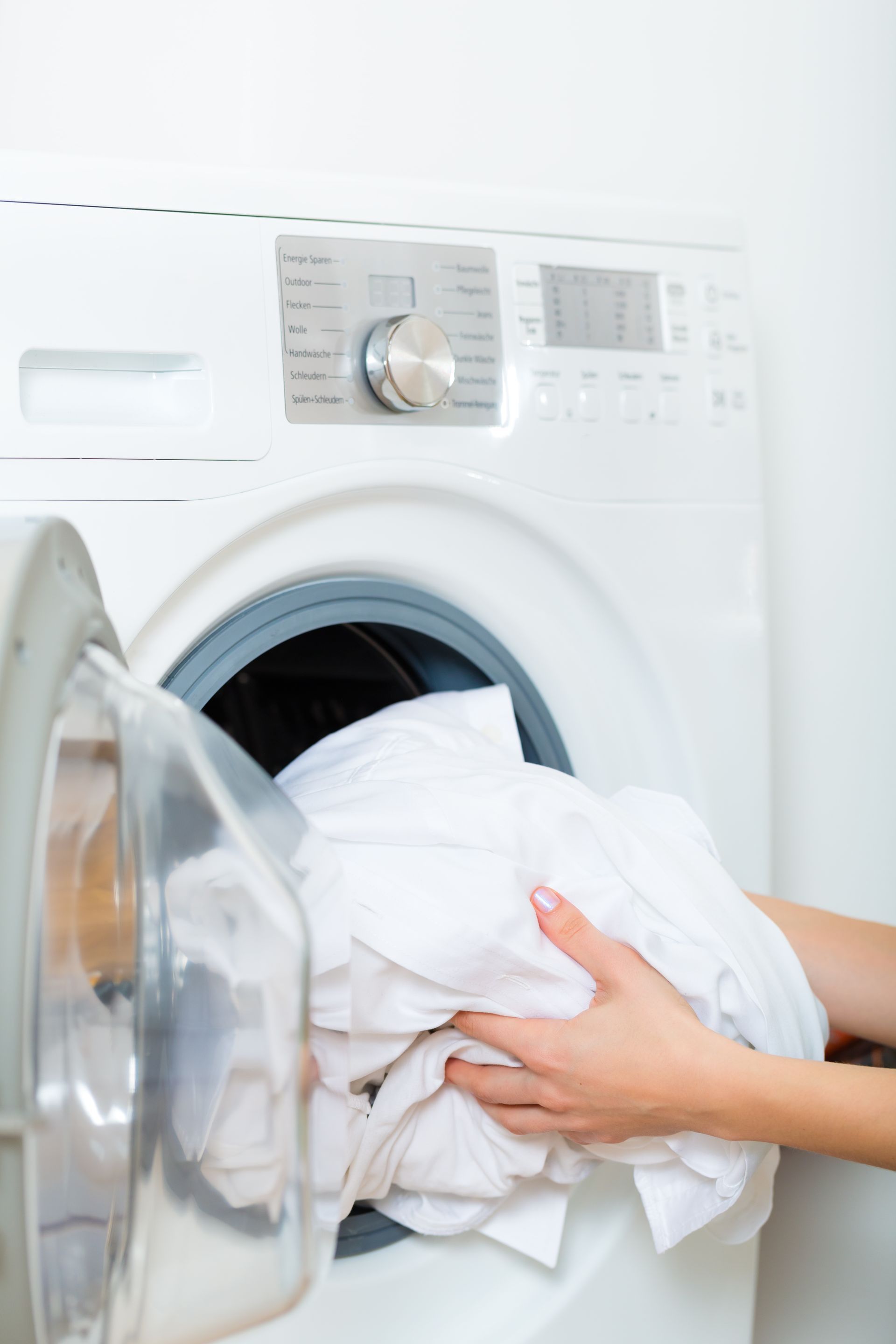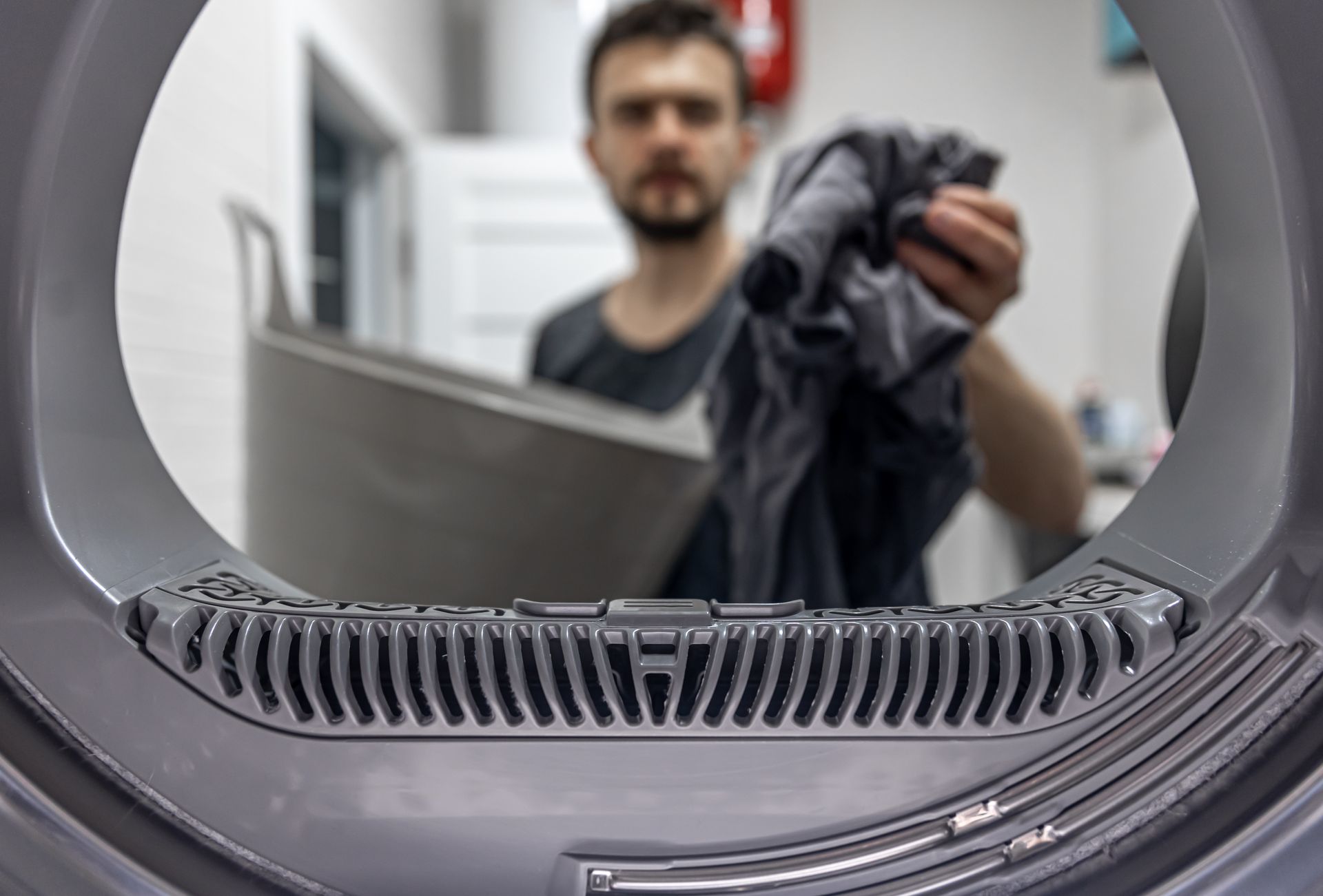Power Washing vs Pressure Washing: What’s the Difference and Which One Is Right for You?
Quick Comparison — Power Washing vs Pressure Washing
If you're trying to decide between power washing and pressure washing, the chart below offers a quick breakdown of the key differences. This side-by-side comparison will help you understand which option is best suited for your specific cleaning needs.
| Feature | Pressure Washing | Power Washing |
|---|---|---|
| Water Temperature | Cold or unheated | Hot |
| Best For | Loose paint, dirt, light mold | Grease, oil, sticky grime |
| Surface Sensitivity | Good for hard surfaces | May damage delicate materials |
| Typical Use | Residential siding, decks, patios | Commercial jobs, concrete, heavy stains |
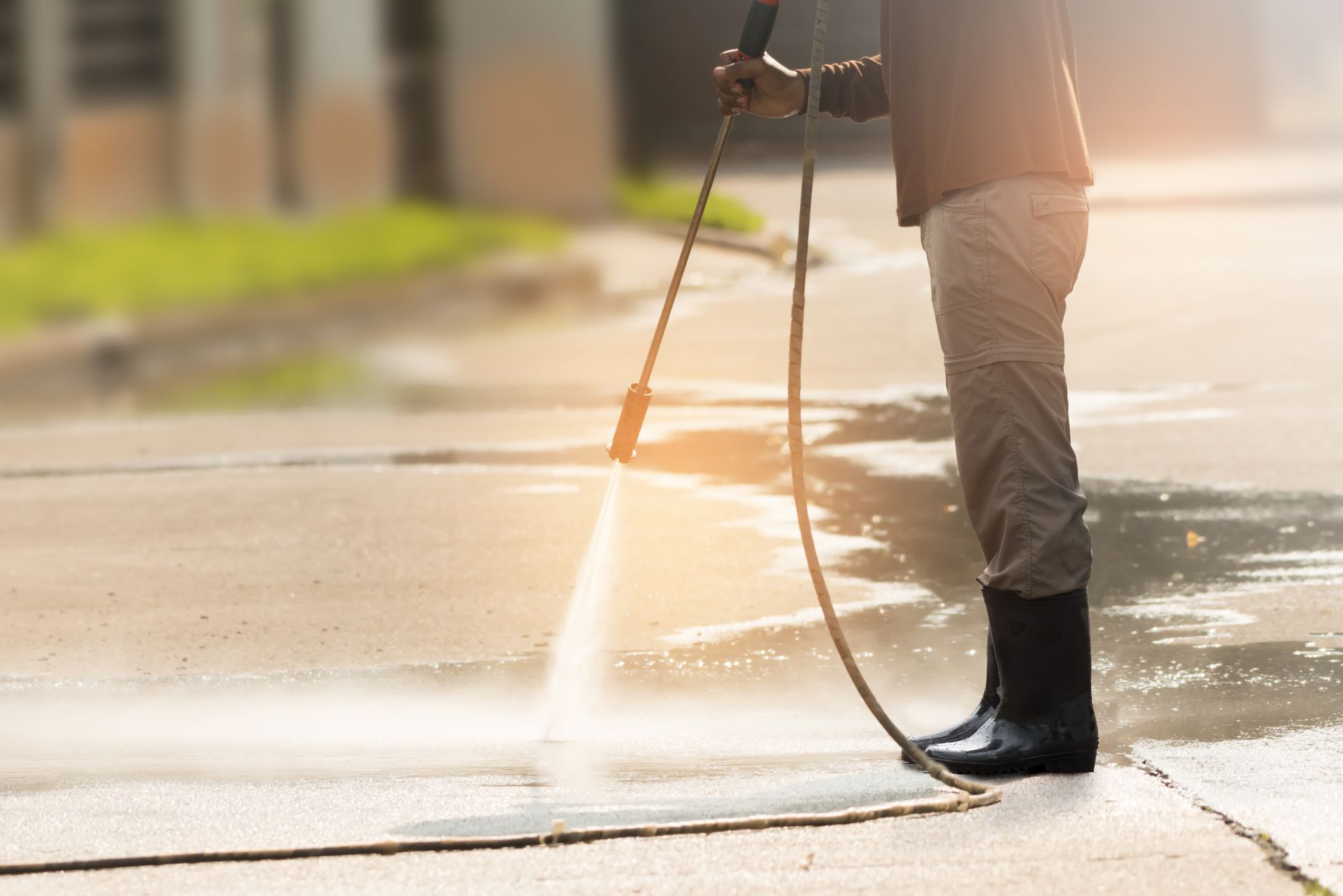
What Is Pressure Washing?
How Pressure Washers Work
Pressure washing uses high-pressure cold water to blast away dirt, mildew, and grime from durable surfaces. It’s an effective, affordable option for cleaning wood, vinyl siding, driveways, and sidewalks. Most pressure washers run between 1,300 and 3,000 PSI, making them powerful enough for common outdoor cleaning jobs—without the risk of using heat.
When to Use a Pressure Washer
Pressure washing is ideal for residential maintenance projects. Use it when you’re dealing with:
✔️ Mold or mildew on siding
✔️ Dirt and dust on fences or decks
✔️ Post-winter cleanup on driveways or patios
It’s a great go-to for everyday exterior cleaning—especially if you’re preparing your home for painting or seasonal upkeep.
What Is Power Washing?
How Power Washers Work
Power washing combines high pressure with heated water, making it excellent for cutting through sticky substances, tough grease, and industrial-level messes. The hot water acts like a degreaser, breaking down buildup that cold water alone can’t handle. This method is often used in commercial or industrial settings where sanitation and heavy-duty grime removal are key.
When to Use a Power Washer
Power washing shines in environments with stubborn stains or oily messes, including:
✔️ Oil-stained garage floors or parking lots
✔️ Graffiti removal
✔️ Commercial concrete cleaning and sanitation
If you're running a business or managing a property, power washing is a smart investment in both cleanliness and curb appeal.
Power vs Pressure Washer: Which Is Best for Your Needs?
Residential Cleaning Projects
For most homes, pressure washing is safer and more appropriate than power washing. It’s powerful enough to clean decks, patios, and siding without damaging delicate materials. In some cases, like roof cleaning or painted surfaces, you’ll want to go a step further and opt for soft washing, a gentler method that uses lower pressure and specialized cleaning solutions.
Explore our soft wash and pressure washing services.
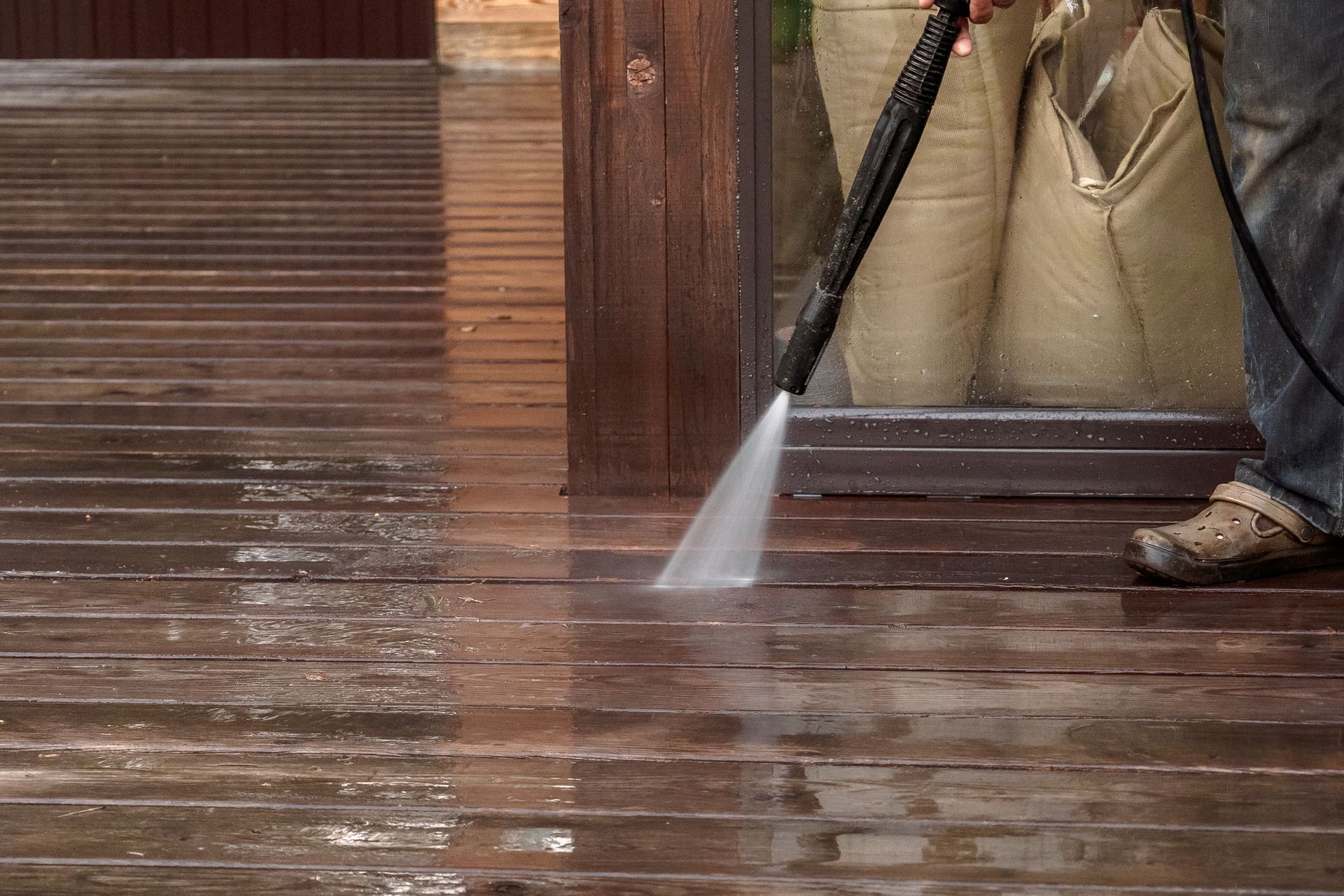
Commercial or Industrial Cleaning
Power washing is the better choice for large surfaces or stubborn grime that cold water can’t handle. From grease-slick parking lots to warehouse exteriors, the heated water helps break down and sanitize heavy messes. If you’re a business owner, property manager, or facility supervisor, this method offers long-term benefits for both appearance and maintenance.
Surface Type Matters
The right method depends on what you're cleaning:
- Concrete and brick: Both pressure and power washing can work well
- Wood and siding: Stick with pressure washing only
Vehicles, roofs, windows: Avoid high pressure; soft wash methods are safer and more effective for these delicate areas
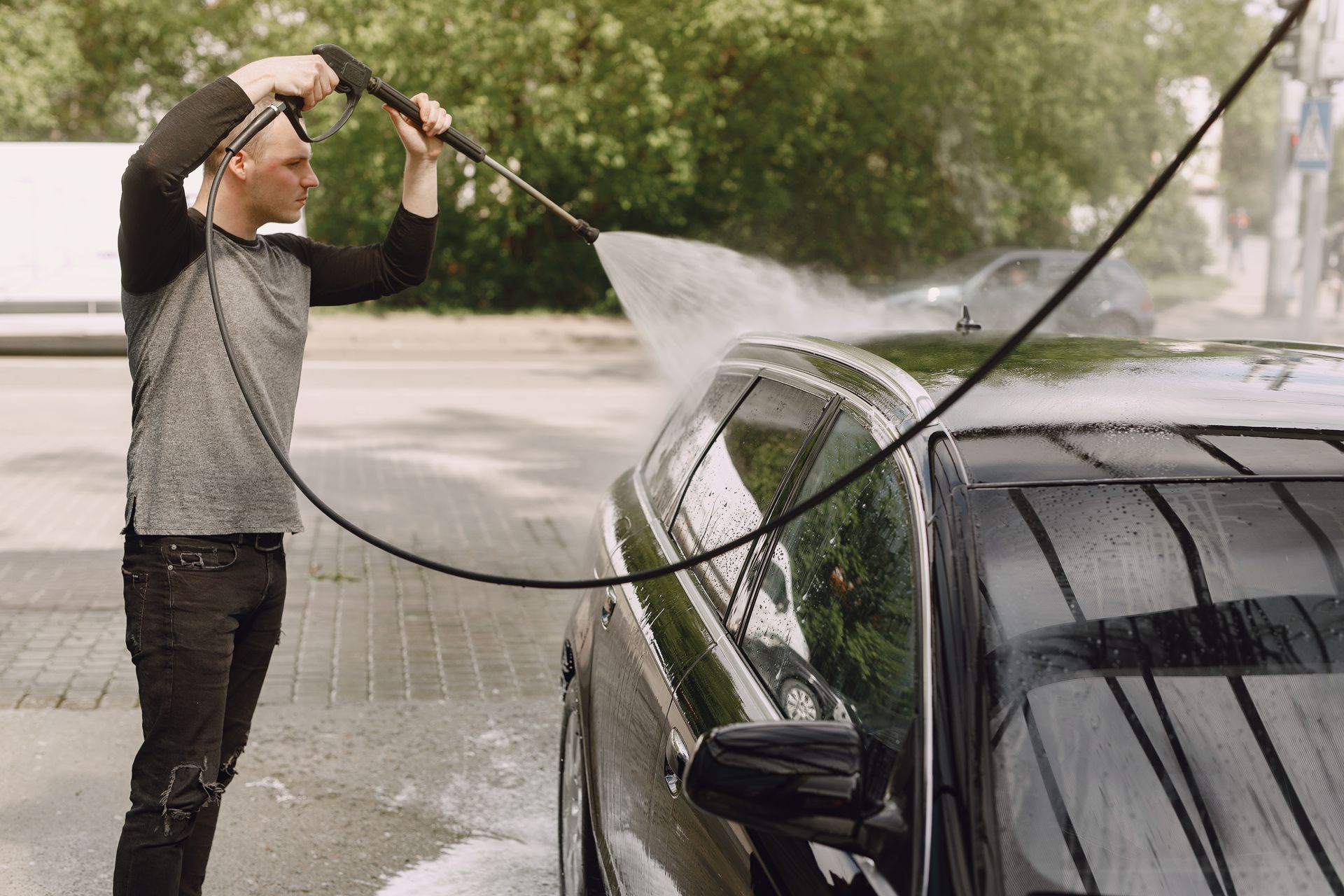
Not Sure What You Need? Let the Experts Guide You
Choosing between power washing, pressure washing, or soft washing isn’t always straightforward. Every surface has different needs, and using the wrong method can lead to damage or wasted effort. That’s why it helps to work with professionals.
At Durling Cleaning, we’ve cleaned homes, businesses, and properties of all sizes across New Hampshire and Vermont. We don’t just show up with equipment—we assess your surfaces and recommend the safest, most effective plan. From delicate siding to grimy garage floors, we bring expert knowledge to every job.
👉
Ready for a cleaner, safer surface? Request a free estimate today.
FAQs
What is the main difference between power and pressure washing?
The primary difference is water temperature. Power washing uses hot water to break down grease and grime, while pressure washing uses cold or unheated water and is better suited for lighter-duty tasks.
Can I use a power washer on my wooden deck?
It’s not recommended. Hot water and high pressure can damage wood fibers. Stick with pressure washing or even soft washing if your deck has paint or delicate finishes.
Is power washing better than pressure washing?
It depends on the job. Power washing is more effective for grease, oil, and sticky buildup, especially in commercial settings. Pressure washing is better for general residential cleaning like siding or patios.
Are pressure washers the same as power washers?
They’re similar but not identical. Both use high-pressure water, but only power washers use heat, which changes how they perform on certain materials and types of grime.
Is professional power washing worth it?
Absolutely. Professionals know how to adjust pressure, temperature, and cleaning agents based on your surfaces. Hiring an expert protects your property and ensures a deeper clean.
Does pressure washing remove dirt?
Yes. Pressure washing is excellent at removing dirt, dust, mildew, and even some mold from hard surfaces like sidewalks, fences, and patios.
